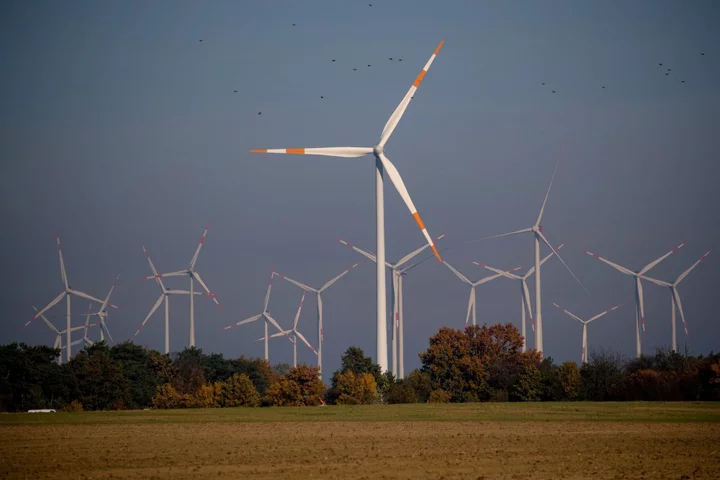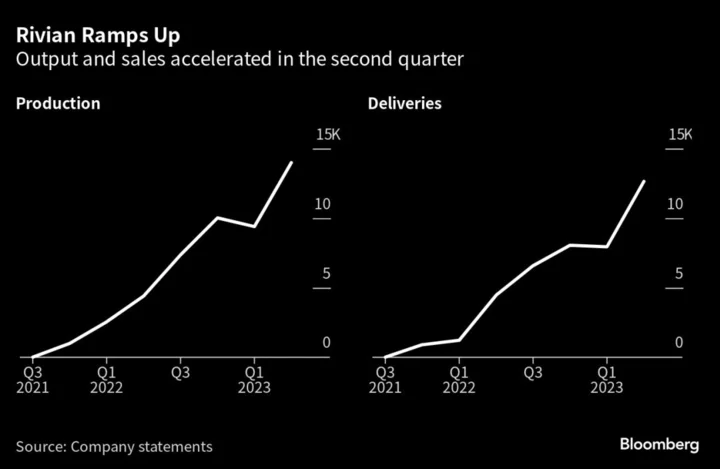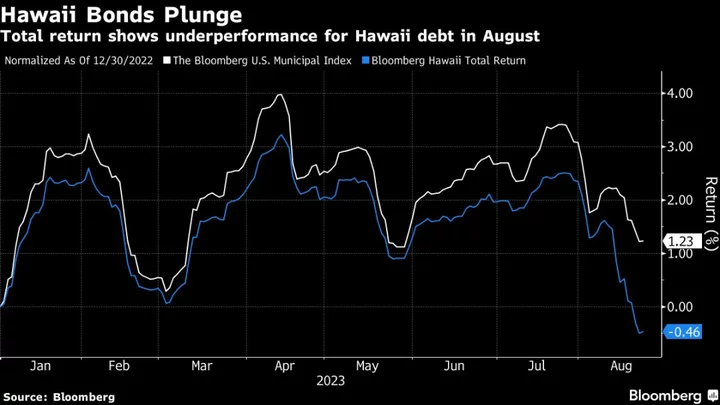The European Union will use satellites to help prevent the destruction of its forests as they become increasingly vital to soaking up carbon dioxide in the fight against climate change.
The European Commission, the bloc’s executive branch, on Wednesday plans to propose establishing a forest-monitoring system using aerial information from its Copernicus Sentinel satellites and other data sources, according to a draft document seen by Bloomberg News. Member states will be encouraged to develop forest plans covering the next 50 years, it added.
The satellites are expected to help fill gaps in data-gathering, such as measuring the impact of drought or damage by pests, such as the bark beetle.
Forests and peatlands provide a natural sponge to absorb millions of tons of atmospheric CO2, both from man-made sources and wildfires as global warming worsens. Protection of these natural resources is a key element of the EU’s plans to reach net-zero emissions by the middle of the century.
“EU forests and other wooded land are increasingly stressed by climate change and direct or indirect human use and activity,” said the draft document, which is still subject to change. “Hazards like wildfires, pest outbreaks, droughts, and heatwaves, often reinforcing each other, are likely to lead to more frequent and intense catastrophic events, often beyond national borders.”
Read more: Europe Cuts Back on Firefighters Even as Blazes Ravage Continent
Greece, Spain and Portugal suffered severe forest fires this summer, raising the risk that major cities like Athens could become deserts. Meanwhile, EU rules to restore nature, including forests, have recently been the subject of intense backlash over fears that they could harm food supply in the region.









